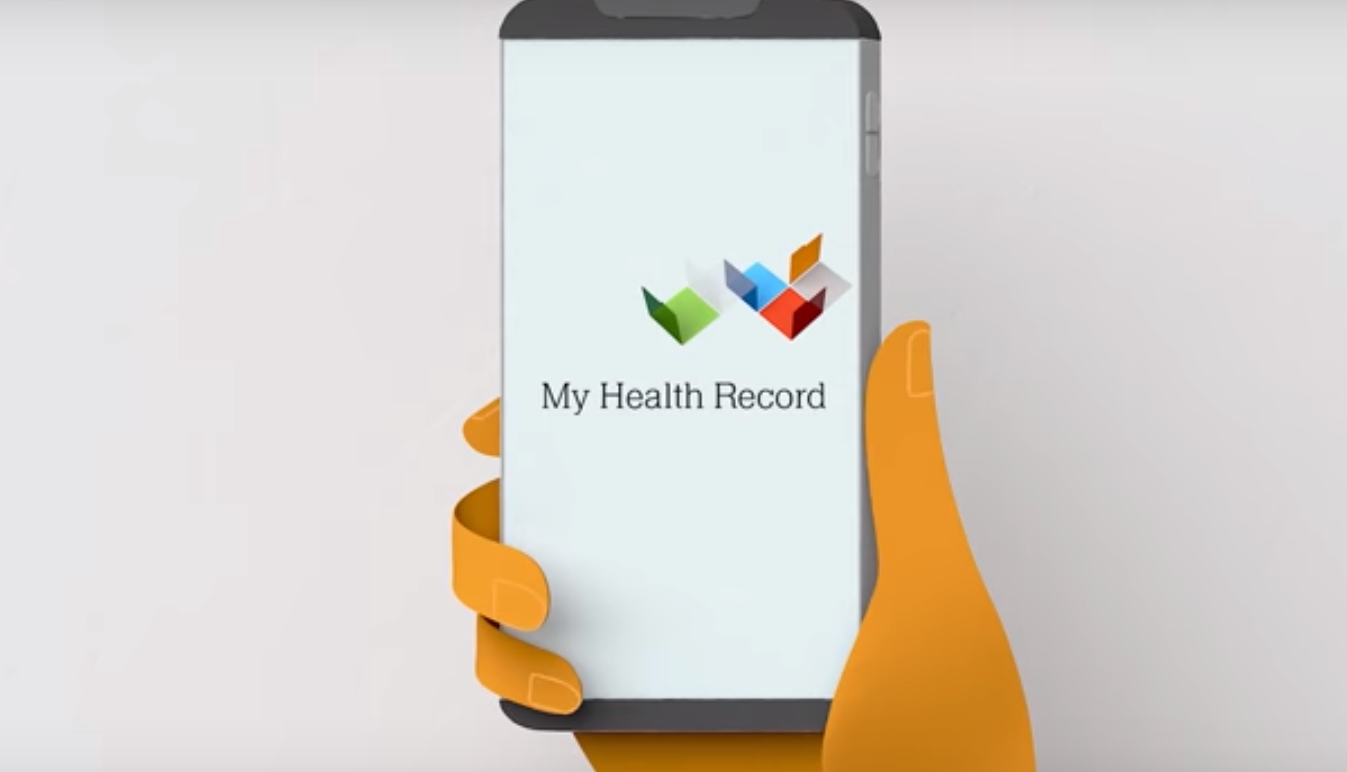Digital health round-up: Australia's health records nightmare continues, and more

Australia continues to show the world how not to implement an electronic health records system, after health minister Greg Hunt has extended the deadline for opting out of the country’s controversial My Health Record system.
The scheme has faced criticism because of concerns over patients’ privacy, and they originally had until last week to opt out of the scheme.
But following public pressure and a motion in the senate, Hunt decided to extend the deadline to January 31.
According to ABC News, Hunt said: “The opt-out period will be extended until January 31, 2019, however, it’s important to note that people can opt-out at any time.”
Hunt intervened to extend the opt-out deadline while politicians continue to debate legislation to amend the scheme.
Under My Health Record, every Australian with a Medicare card will automatically be given a digital record to store medical information unless they say otherwise.
Earlier this month Hunt unveiled changes to the scheme to address a range of concerns about privacy, such as whether violent exes would be able to access the records of their former partners.
Other changes include increased penalties, with fines more than doubling to $315,000 or up to five years’ jail for those who misuse the system.
The Australian Digital Health Agency will not be able to allow other entities to access the records, health insurers will not be able to access them and employers may not use them to discriminate against workers.
Data from September shows that 1.147 million Australians have opted out of the system, and around six million people already have a record after being enrolled under the previous opt-in system.
Digital tech crucial for CAR-T success, says Novartis cancer chief
Liz Barrett, CEO of the Novartis’ oncology unit, told a conference that digital tech is helping deliver the company’s cutting edge cancer therapies.

Liz Barrett
Barrett was speaking at the Economist’s War on Cancer Europe conference in London, in a panel debate about opportunities and challenges in caring for patients with the disease.
With its Kymriah CAR-T cell therapy, Novartis is spearheading the introduction of a powerful and potentially curative therapy for certain kinds of leukaemia.
It also has a host of other cancer drugs on the market, and digital technology could help patients report adverse events, and allow them to be monitored in their own home for signs of trouble.
She told the conference on Tuesday: “We can engage patients in ways we have never done before.
“We can help them ensure that they take their medicines and help them report adverse events.
“It allows us to monitor patients remotely so that they don’t have to go into the doctor.”
With CAR-T therapies, digital technology is playing a leading role in the specialist centres set up across the country that administer the one-time therapy to patients, and treat the sometimes extreme side effects.
“We have to be much more engaged in centres providing this type of therapy - there are difficulties because we have to keep patients nearby.
“It requires engagement. Our focus on digital technology will help cancer centres deliver this therapy for patients; it will really allow them to make the most of their treatment.”
Improvements in analysis techniques, made possible by digital technology, could also help predict patients most likely to respond in the future, added Barrett.
UK government launches medical devices and digital tech funding competition
The UK government is urging businesses to apply for a share of up to £1.5 million to support real-world testing of medical devices and digital technology that could make the NHS more efficient, and enable earlier diagnosis of cancer.
Government agency Innovate UK and the Office for Life Sciences are working in partnership to invest the money in business projects involving medtech.
Life sciences has been identified as an important area for investment in this prime minister’s industrial strategy, with its turnover of £70 billion, employing nearly 235,000 people.
Most companies in the sector are small, however, and finding real world evidence to support use of their innovations in the NHS is challenging.
The agencies said in a joint statement that the funding will help businesses collect evidence.
Funding will support development or design of plans for collection of data on clinical performance and cost effectiveness, or studies that collect the data.
It is aimed at small and medium-sized companies that have developed and manufactured innovative health technology, have gained a CE marketing for it, and have marketed it in the UK for less than five years.
The projects should address NHS priorities such as reducing cancellations or unnecessary appointments, reducing the burden on A&E, improving patient safety and faster and earlier diagnosis of diseases such as cancer.
Projects could also support management of long-term conditions such as diabetes, chronic pain management, cardiovascular disease, asthma, and chronic obstructive pulmonary disease.
The competition opens on 26 November and closes at midday on 30 January next year.
Projects must be led by an SME working alone or with others, and only the SME can claim funding.
Planning and preparations projects are expected to have costs of up to £50,000 and actual studies could have costs of up to £250,000.
Projects are expected to last between three and 12 months and businesses could cover up to 50% of the project costs. Interested parties can apply here.












